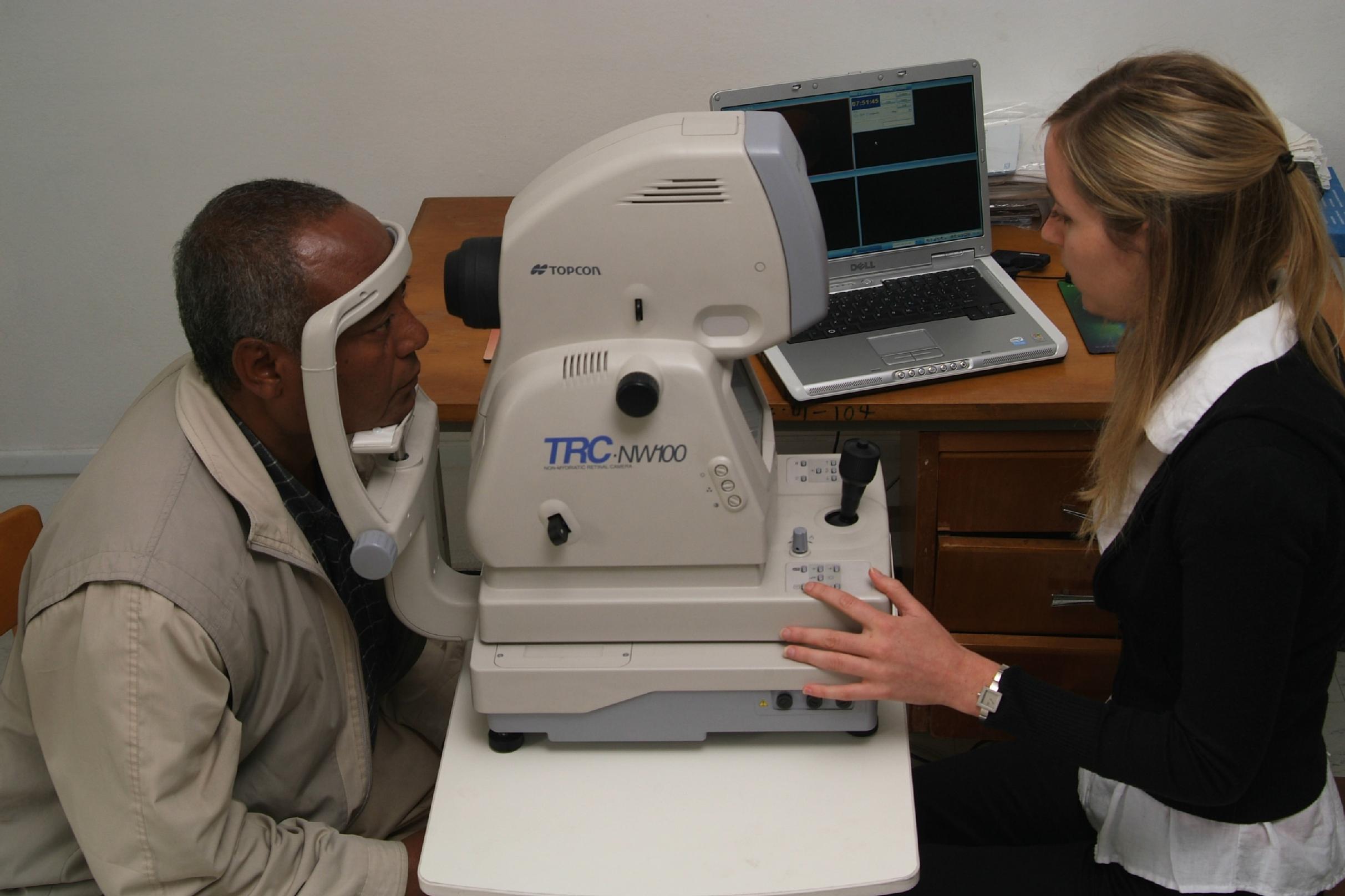Aims and Learning Outcomes
The aims of this module are to:
- Convey an in-depth and reliable knowledge and advanced understanding of all the clinically relevant facets of diabetic retinopathy
- Enable you to meet the needs of the Diabetes National Service Framework as it relates to patients with diabetic complications in this area
- Enable you to manage risk factors for diabetic eye disease effectively
- Provide additional high quality professional development for health care practitioners
- Provide a nationally recognised qualification that will improve holders' chances of promotion in the workplace
- Provide advanced qualifications for continuing medical education as well as continuing professional development.
Learn to
- demonstrate a clear, advanced understanding of the epidemiology, pathogenesis, pathophysiology and haemodynamics of diabetic retinopathy
- have an advanced understanding of the indications for treatment of diabetic retinopathy by laser and retinal surgery and a clear working knowledge of the associated side-effects
- Demonstrate a sure knowledge of pattern recognition and referral criteria for diabetic retinopathy, with precise advanced ability to interpret and grade retinal photographs and slit lamp/ophthalmoscope results
- Reflect on the differing methods of monitoring and treatments in diabetes, as well as their cost/benefit analyses
- Have an advanced knowledge of the therapies to prevent diabetic retinopathy and its progress as well as vascular disease risk factor modification
- Ensure that this advanced knowledge and skill informs current practices that patient provision is optimised and retinal complications are minimised
What is involved
This first four days of this five day module consists of lectures, tutorials and workshops held in the Medical School at the University of Warwick. Students will need to return to the University a couple of months after the course to take an examination. There will be opportunities for students to draw on experiences in their own work places. There is a substantial component of home study and preparation.
Course structure
- Epidemiology of diabetic retinopathy
- Pathogenesis of diabetic retinopathy
- Pathophysiology and haemodynamics of diabetic retinopathy
- The biochemistry of microvascular complications
- Indications for treatment of diabetic retinopathy (laser, vitreo-retinal surgery) and their side effects
- Pattern recognition and referral criteria for diabetic retinopathy
- Diabetic screening – methodology and cost-effectiveness
- Cataract surgery in diabetes
- Auditing of diabetes care and Evidence Based Practice
- Practical skills acquisition in the interpretation and grading of retinal photographs and use of slit lamp techniques
- Therapeutic treatments to prevent diabetic retinopathy and its progress
- Diabetic retinopathy and vascular disease risk factor modification Type 2 diabetes: alternative diagnoses.

